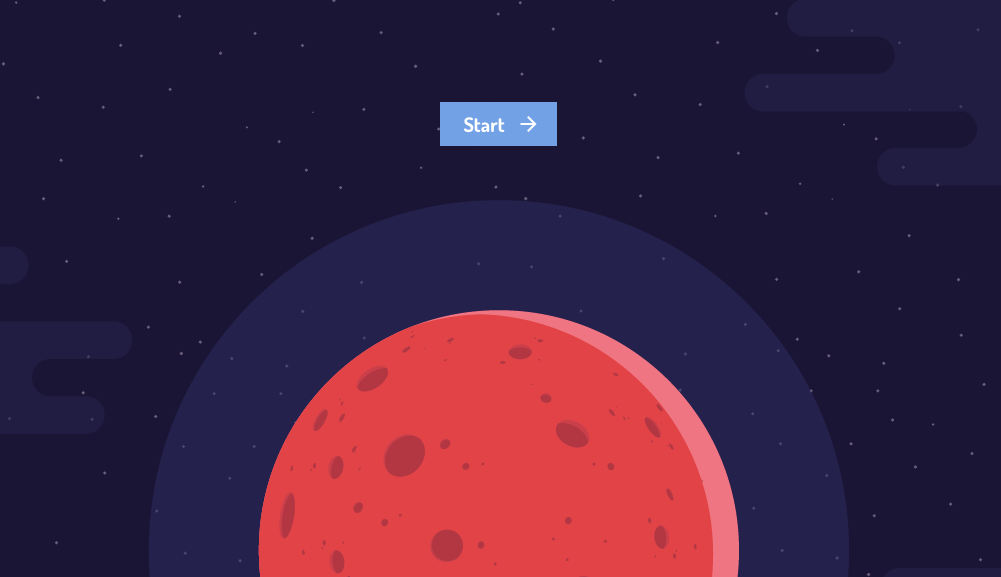Welcome to our quickfire guide to the red planet! In just 15 minutes, you’ll have the chance to explore Mars and get some surprising facts along the way. Travel back in time to uncover the history of Mars, investigate the environment on the planet today and find out where the future might take us.
The ExoMars Trace Gas Orbiter is about to land on the red planet. In this short video, our OU academics explain their role in the remarkable mission. Zoe Morland, a PhD student in The School of Physical Sciences, looks at Phobos - one of Mars' moons and how space agencies are going to investigate its composition. In this three minute video, Dr Matt Balme in The Open University's Space Science research priority area, gives us a tour of his laboratory and shows how he models the landscape of Mars.
Discover more about Mars
Dr Manish Patel and Dr Stephen Lewis on landing on Mars

Phobos – an asteroid masquerading as a moon of Mars?

Dr Matt Balme on modelling the landscape of Mars

Study a free course
-
Astronomy with an online telescope
Learn more to access more details of Astronomy with an online telescopeThis free course shows you how to navigate the night sky, and introduces the wide variety of objects it contains. You will develop a hands-on understanding of telescopic observations using the Open University’s own robotic telescope facility COAST sited on the island of Tenerife. Supported by your own measurements we illustrate how stars...

-
Microgravity: living on the International Space Station
Learn more to access more details of Microgravity: living on the International Space StationThis free badged open course, Microgravity: living on the International Space Station, will help you to consider microgravity environments in more detail than before! You will make direct comparisons of some important physical values between the International Space Station (ISS), the Earth and the Moon.

-
Galaxies, stars and planets
Learn more to access more details of Galaxies, stars and planetsThis free course, Galaxies, stars and planets, is a general introduction, including scale of the universe from the very large to the very small; orbits and gravity; the Solar System; the Sun and other stars; galaxies and the composition of astronomical objects.

 This article is part of the Astrobiology Collection on OpenLearn. This collection of free articles, interactives, videos and courses provides insights into research that investigates the possibilities of life beyond the Earth and the ethical and governance implications of this.
This article is part of the Astrobiology Collection on OpenLearn. This collection of free articles, interactives, videos and courses provides insights into research that investigates the possibilities of life beyond the Earth and the ethical and governance implications of this.
Rate and Review
Rate this activity
Review this activity
Log into OpenLearn to leave reviews and join in the conversation.
Activity reviews